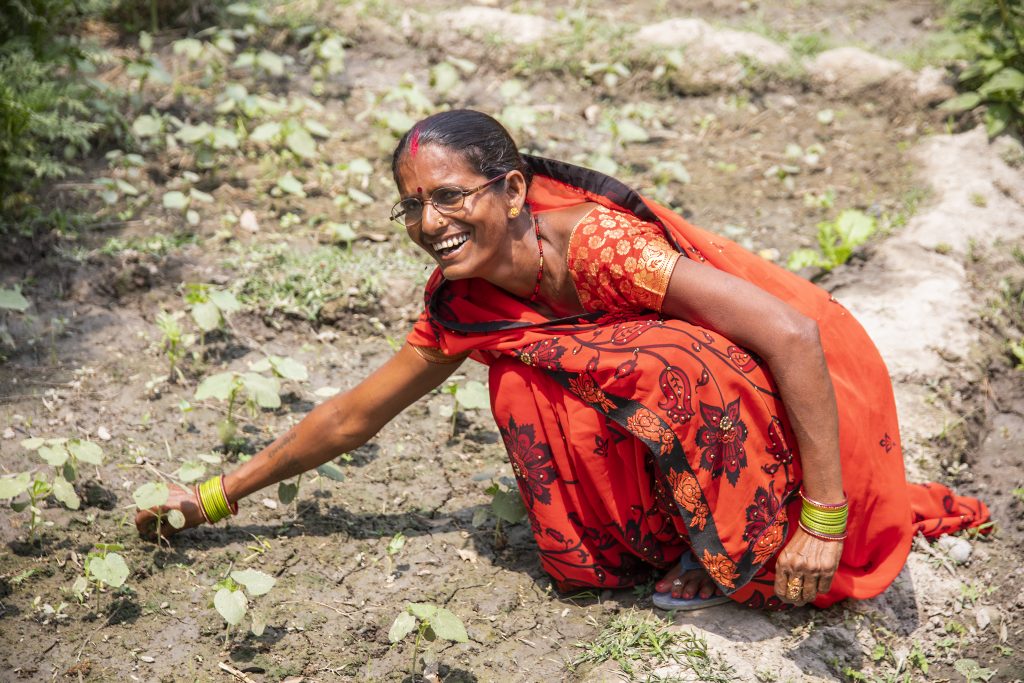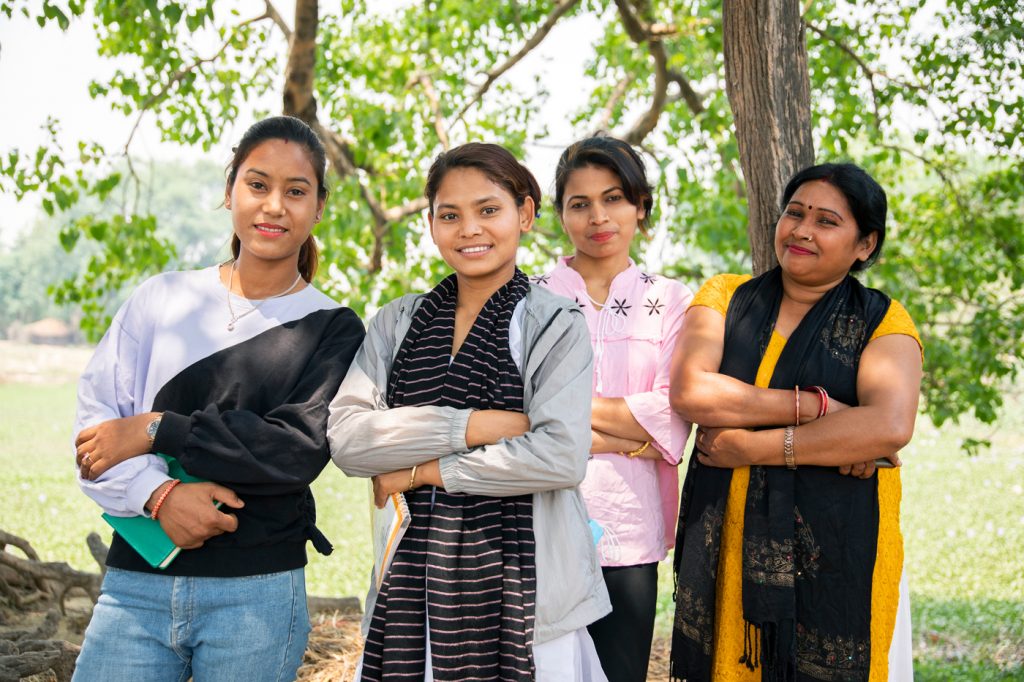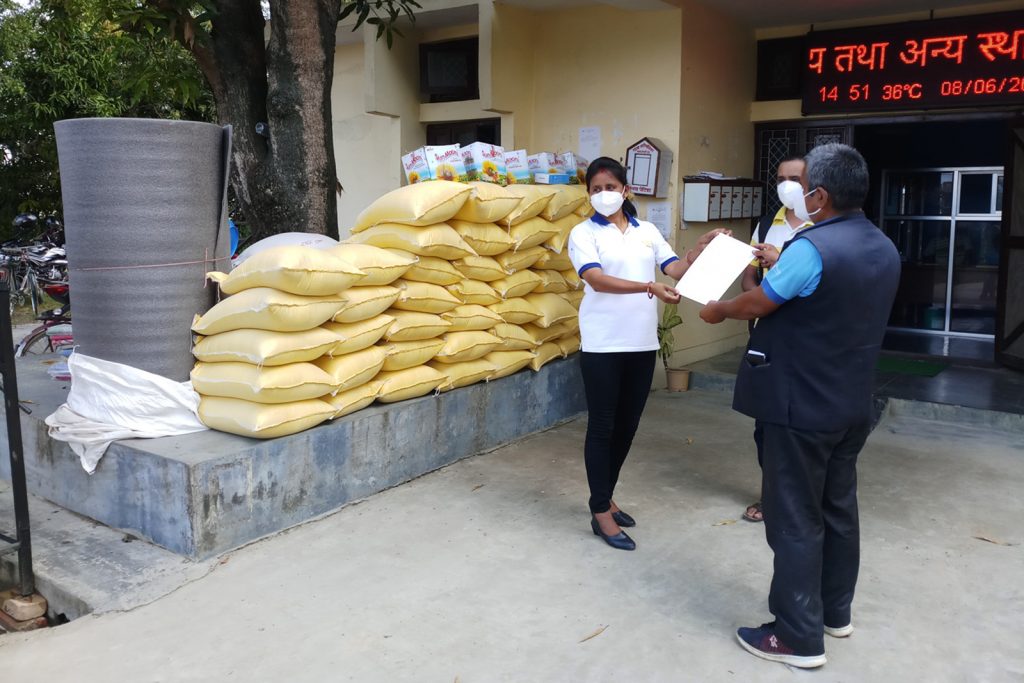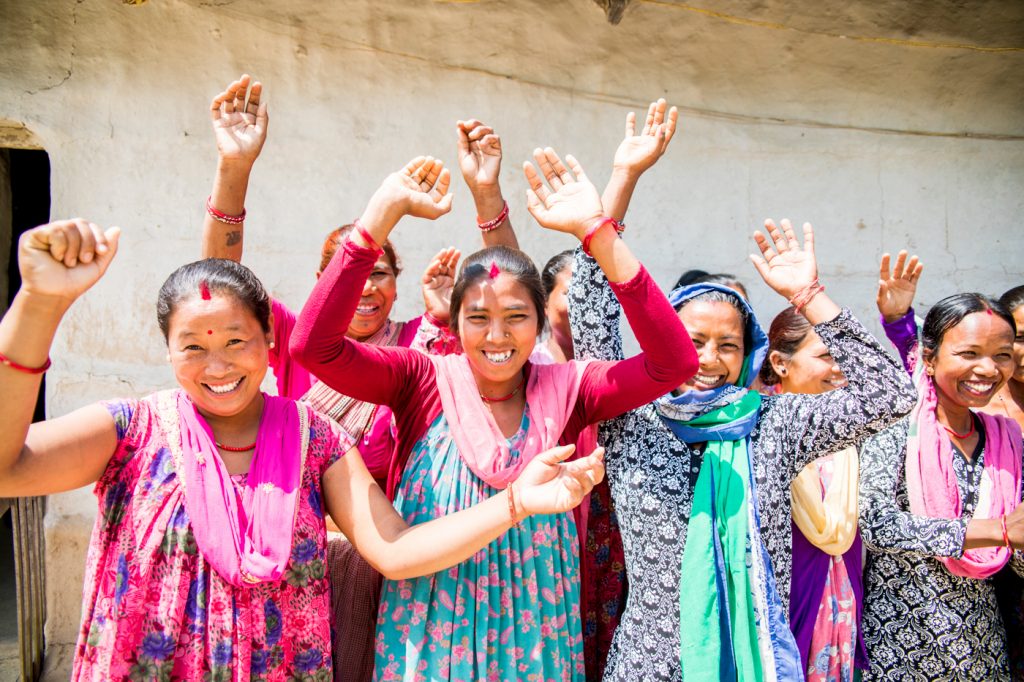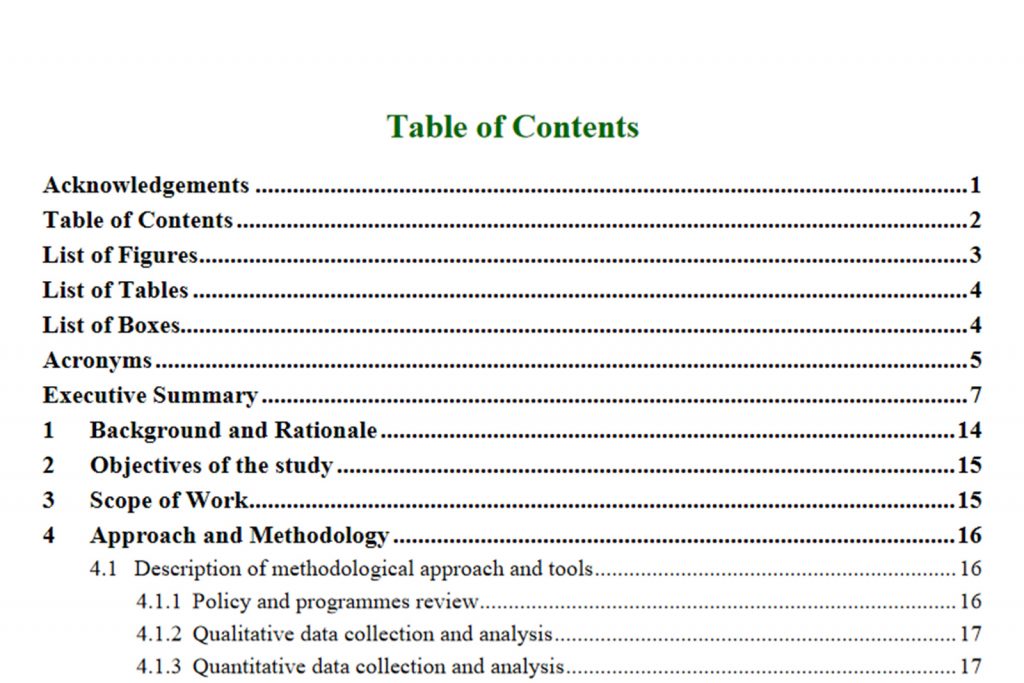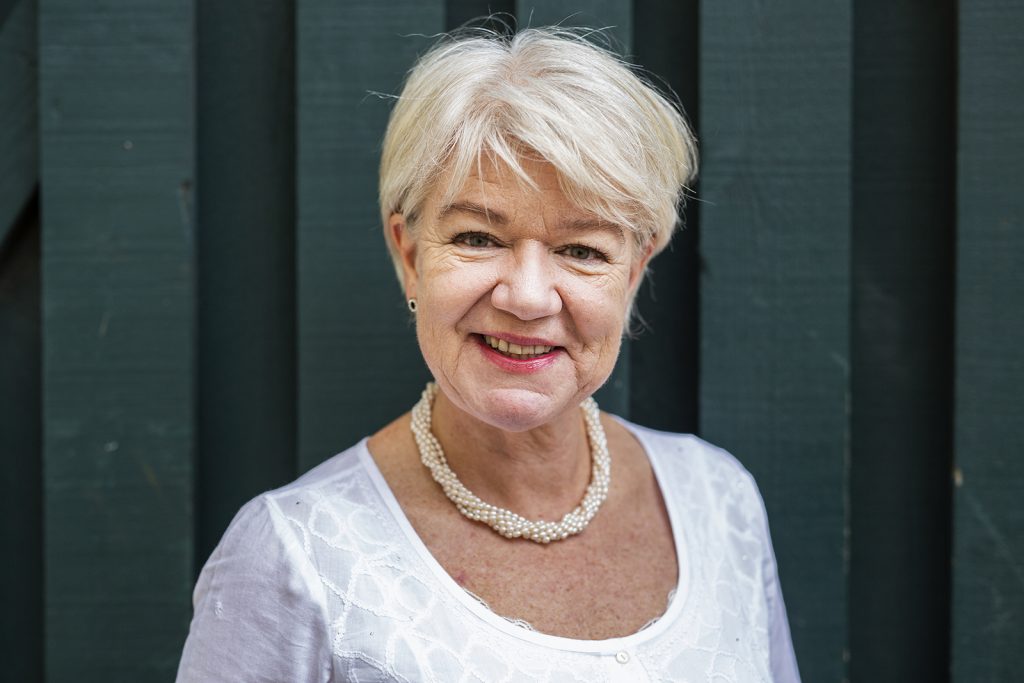Nepal
IM started its work in Nepal in the 1980s by providing humanitarian support to Tibetan refugees. The organization expanded its operations within the country and formally registered as an INGO in 2010.
Shifting from an initial focus of poverty reduction and quality education, IM has now emerged as a strategic developmental organization bringing together diverse grassroots civil society organizations to collectively work upon an inclusive model of development.
IM in Nepal
Nepal has one of the highest poverty levels in South Asia. Addressing some of the root causes like huge inequalities between regions and social groups, low agricultural productivity and lack of access to affordable credit, IM works towards an inclusive development where women and youth take the centre-stage.
As much as 80 per cent of the population resides in rural parts of Nepal – and that comes with a lot of challenges for the people. Lack of access to income opportunities, sustainable livelihood and sufficient access to information are some of major threats for aspiring women and youth of the country.
The socio-cultural hierarchy marginalizes Nepalese women; giving men the upper hand in every decision making when it comes to their education, healthcare, marriage and financial independence.
In Nepal, the unskilled, marginalized, minority, indigenous and physically challenged youth suffer from higher ratio of unemployment than its neighboring countries. The country has one of the highest migration rates in the world with 25% of the population working outside the country. Besides, the government has put little or no concrete reforms in practice to reach out to the youths of the country.
IM’s objectives in Nepal
Working in three provinces and five districts – Kathmandu, Nawalpur, Gorkha, Dang and Kapilvastu – of Nepal, IM strives to promote gender equality and social empowerment to reduce deep-rooted discrimination against women, youth and other socially excluded and marginalized groups.
Together with our partners, IM works with women and youth from marginalized communities through human rights-based interventions. Key areas are discriminations based on gender, caste, ethnicity, rights to participation in decision making processes at family, societal and governance levels, child marriages and access to social security schemes.
In order to make all our efforts sustainable, we support scalable models of economic empowerment for self-sufficiency together with our partners. Promoting women entrepreneurship, Fair Trade producer development and environmentally friendly livelihood interventions are the main priorities.
